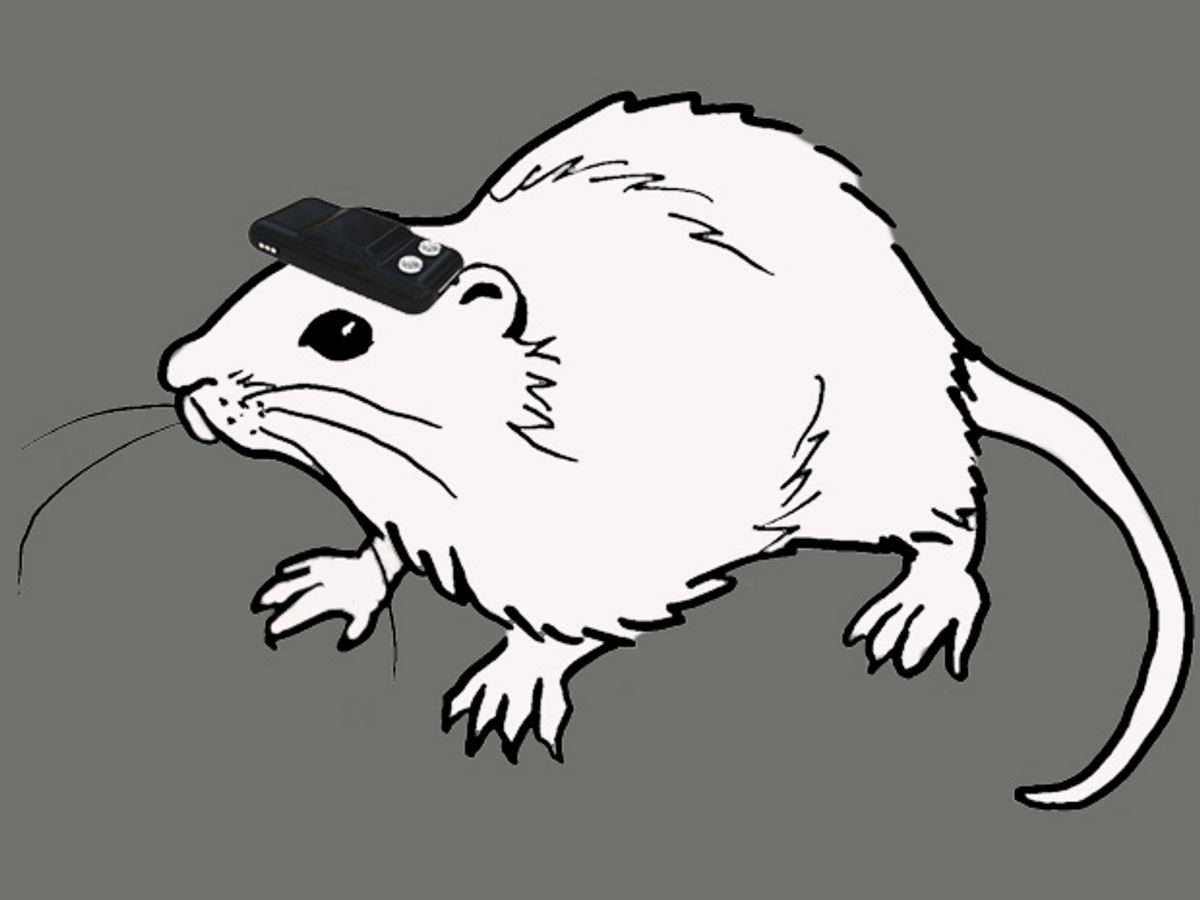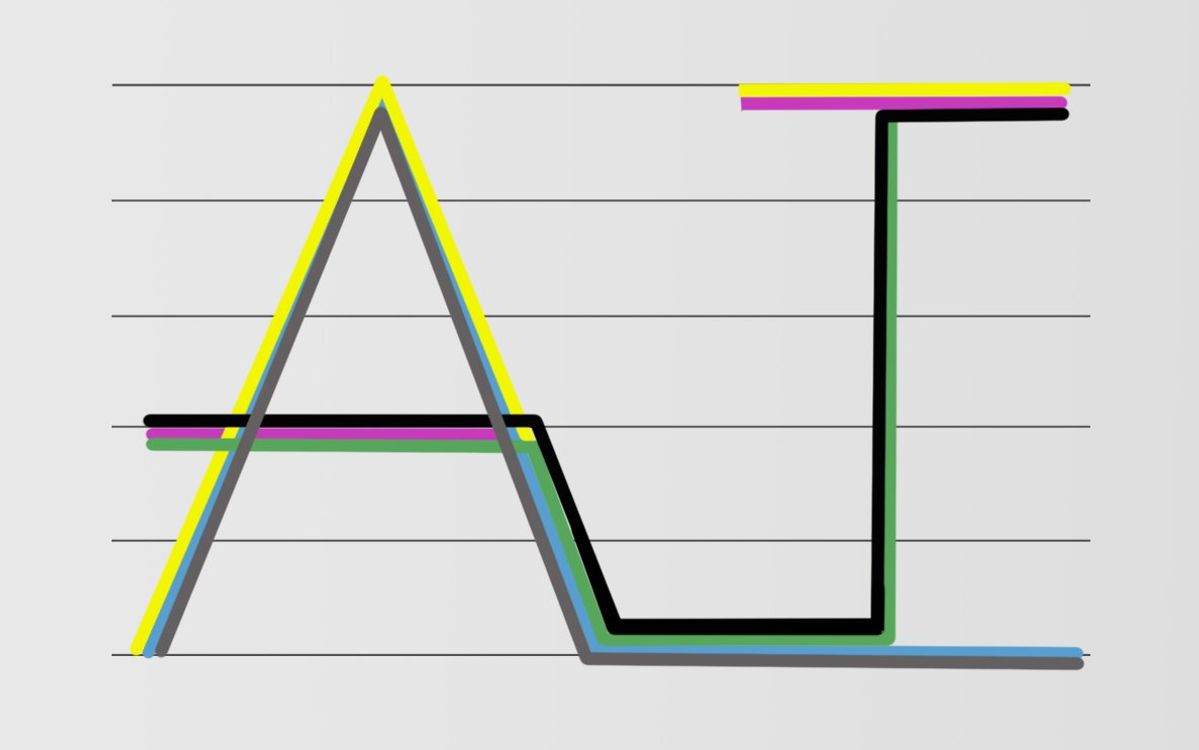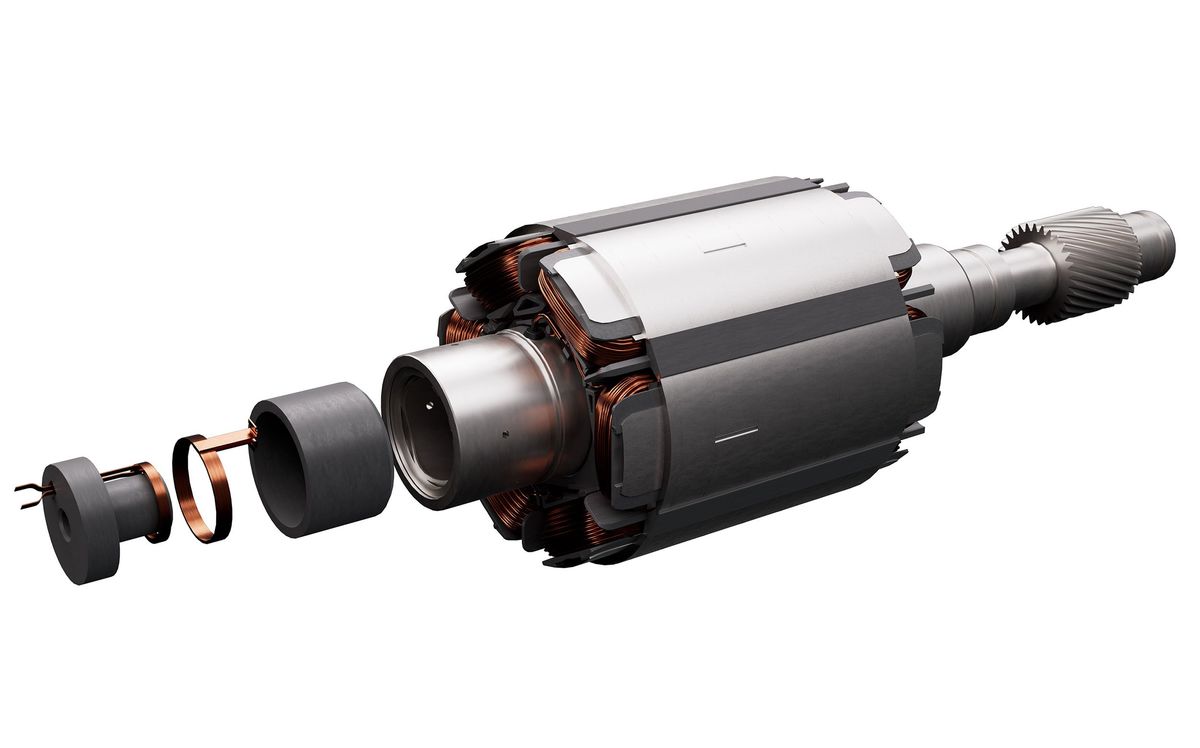By hooking up the brains of blind rats to compasses, scientists in Japan found the sightless rodents could navigate a maze nearly as well as normally sighted rats. These findings suggest that a similar kind of neuroprosthesis might one day help blind people navigate, and grant people novel superhuman senses, the researchers say in the 2 April in the journal Current Biology.
Scientists at the University of Tokyo did not set out to restore vision to the blind rats, but to enhance their so-called allocentric sense, which helps people and animals recognize the positions of their bodies within environments. They devised a head-mounted geomagnetic sensor that connected the kind of digital compass found in smartphones to two tungsten microelectrodes that stimulated the right or left parts of the blind rodents' visual cortex when they faced north or south, respectively.
The rats were trained to seek out food pellets in mazes. After dozens of experiments over only two or three days, the rodents learned to solve the mazes with performance levels and navigation strategies much like those of normally sighted rats.
The scientists suggest that attaching geomagnetic sensors to canes could help blind people get around even better with walking sticks. More generally, these findings support the idea that brains is flexible enough to adapt to completely new senses. This suggests that people could one day successfully expand their senses with artificial sensors that detect magnetic fields, ultraviolet rays, ultrasound waves and more.
Charles Q. Choi is a science reporter who contributes regularly to IEEE Spectrum. He has written for Scientific American, The New York Times, Wired, and Science, among others.



